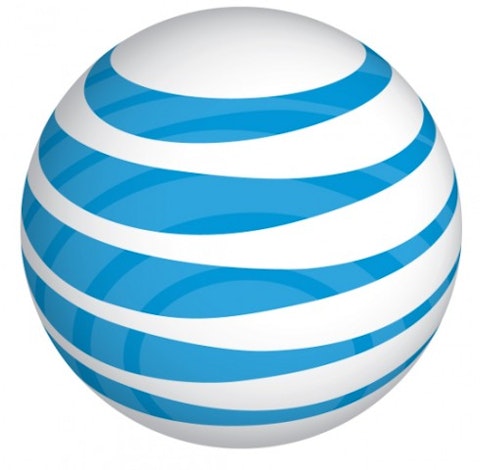The Fed’s commitment since 2008 to keep interest rates low through quantitative easing, which more than tripled its balance sheet to date, has depressed Treasury yields despite early signs of an improving economy. Given the persistently high unemployment rate, the Fed is expected to continue its easing policy in the foreseeable future, buying $85 billion per month of mortgage-backed securities and Treasuries to keep interest rates low. As a result, the yield on the 10-Year Treasury, which is currently hovering around 1.7%, is likely to stay low in at least the near term.
Is there higher yield elsewhere, that’s equally as safe?
While government bonds offer safety of investment, whereby the principal and interest are guaranteed, equity investments do not. However, some equities, such as those of financially sound and stable companies with solid dividend records, can offer appealing risk-return potential in the low-yield environment. Among the Dow 30 constituents—characterized as high-quality blue chip stocks—there are six stocks that currently pay yields at least twice as high as those of the 10-Year U.S. Treasury bonds.
In Part I of this series, we’ll discuss the first three below. Aside from market-beating strategies like these, this is a pretty good way to tackle the stock market universe.
Two telecoms and a tech play
AT&T Inc. (NYSE:T), the largest U.S. telecommunications company, pays a dividend yield that is whole 300 basis points or about 180% higher than the yield on the 10-Year U.S. Treasury bond. Not only does AT&T Inc. (NYSE:T) currently pay a higher yield than U.S. Treasuries, but it also has increased its payout for 29 consecutive years. The stock has been on the radar of yield-chasing investors, as AT&T’s stock has rallied 24% over the past year. Currently, the stock is trading at 15.2x forward earnings, below its rival Verizon’s forward multiple of 18.1x.
The stock’s appeal as a low-risk, high-yield investment has been recognized by Citi analysts who have recently included this stock on their list of CDS-adjusted dividend stock picks for April 2013. However, investors should continue to expect only modest dividend growth from AT&T Inc. (NYSE:T), as the company plans to boost capital expenditures to about $22 billion per year for the next three years. This plan includes a $14 billion for wireless and wired capital improvements, so as to allow the company to expand 4G LTE service to 300 million customers by the end of 2014. Last quarter, top hedge fund investors in AT&T Inc. (NYSE:T) scaled down their respective positions; check out AT&T’s top hedge funds investors.
Intel Corporation (NASDAQ:INTC) pays a dividend yield that is 230 basis points or 135% higher than the current 10-Year U.S. Treasury bond yield. Intel Corporation (NASDAQ:INTC) has significantly increased its dividend over the past five years, although the last increase was below the company’s five-year average. While it is not necessarily a low-risk defensive stock, given its exposure to the cyclicality of the semiconductor industry and the declining PC market, the stock has high-quality characteristics and an appealing risk-return proposition.
In fact, Citi also includes Intel Corporation (NASDAQ:INTC) on its list of CDS-adjusted dividend-paying stock picks for April 2013. Its low CDS spreads reflect the company’s low perceived credit risk. Despite the challenging market environment, the company has been delivering solid financial results. Analysts forecast its long-term EPS CAGR at 11%. Intel’s possible large-scale entry into the foundry business and further integration in the smartphone market could help bolster its growth.
Now, however, the stock remains down nearly 19% from the year earlier, representing a good long-term value play with a forward P/E of 11.7x. Last quarter, value-oriented hedge fund First Eagle Investment Management was bullish on INTC; see the hedge fund’s major holdings here.
Verizon Communications Inc. (NYSE:VZ), the second-largest U.S. telecommunications company, pays a dividend yield that is 220 basis points or nearly 130% higher than the yield on the 10-Year U.S. Treasury bond. Verizon’s stock, however, has been on a tear, hitting record high levels in more than a decade. Recently, the company beat analysts’ estimates of the first-quarter EPS, with a particularly robust subscriber growth in the company’s wireless segment and lower costs that boosted margins.
A particularly bullish catalyst for Verizon Communications Inc. (NYSE:VZ)’s shares recently has been its interest in buying out Vodafone’s (VOD) 45% stake in their lucrative joint venture Verizon Wireless, Verizon’s main growth driver. Citi, which upgraded VZ on the Verizon Wireless buyout prospects, estimates the deal could be worth between $106 billion and $137 billion, requiring debt of $70 billion-to-$80 billion.

